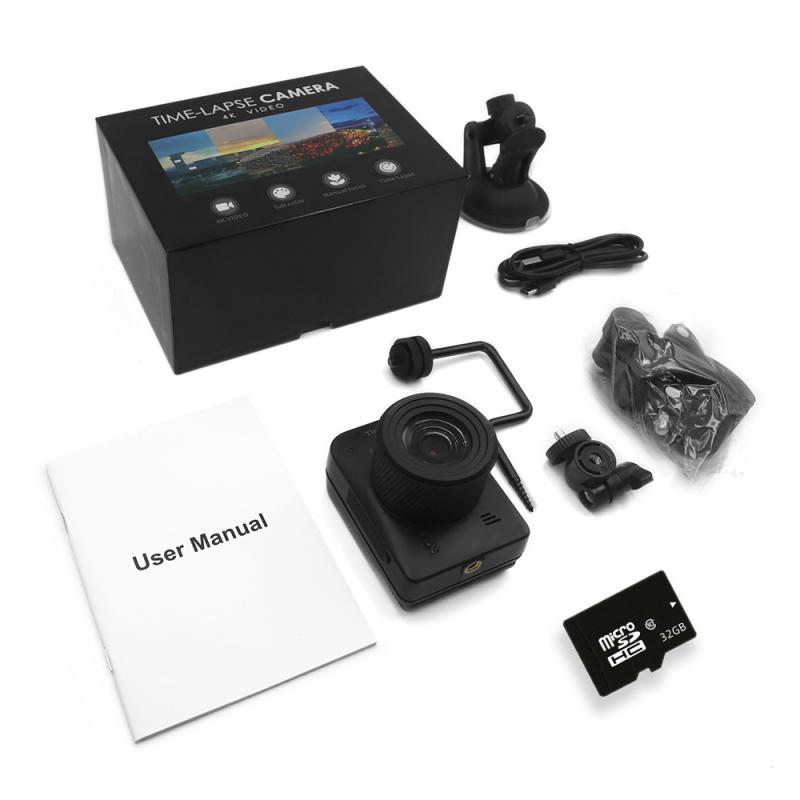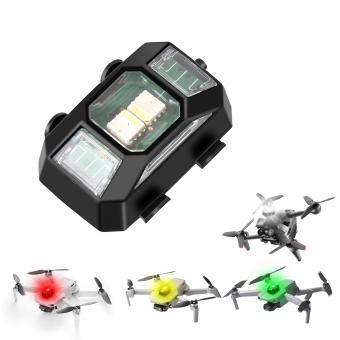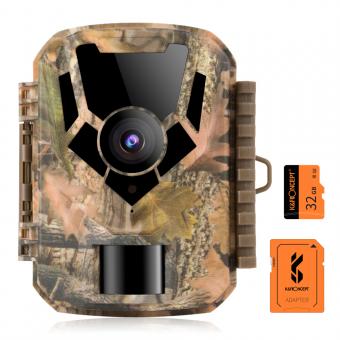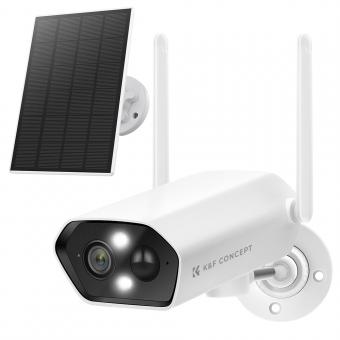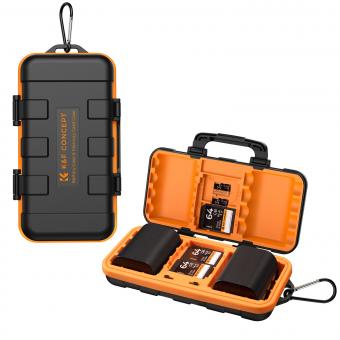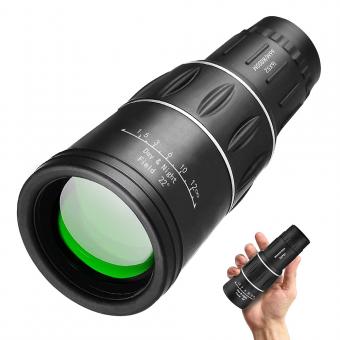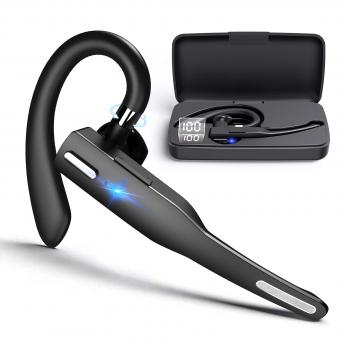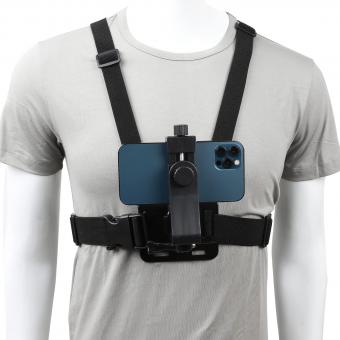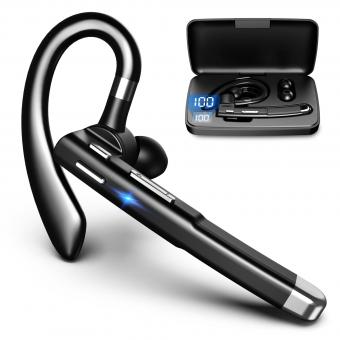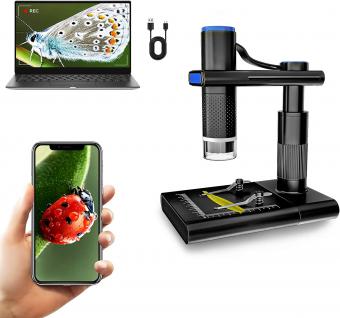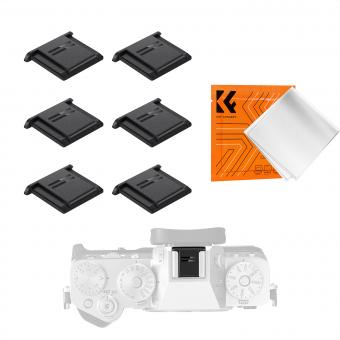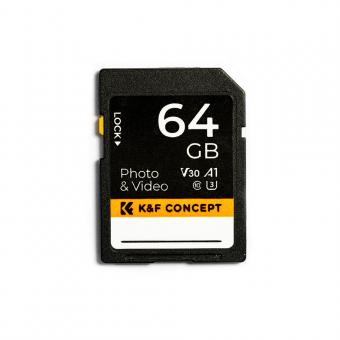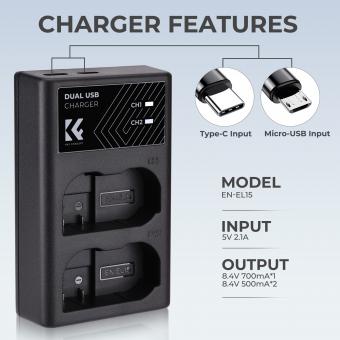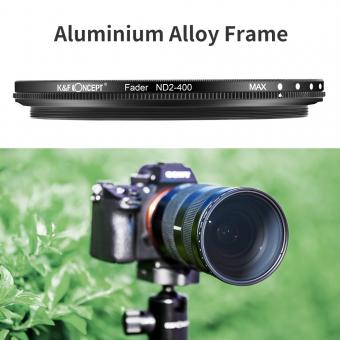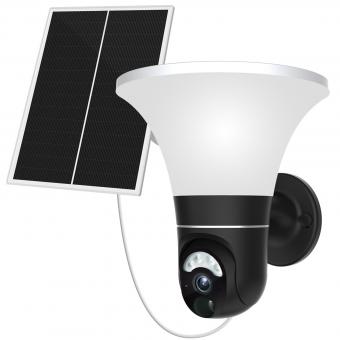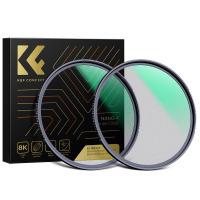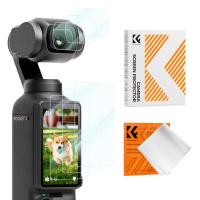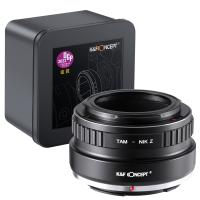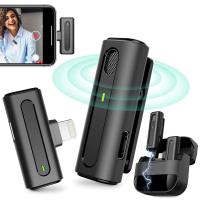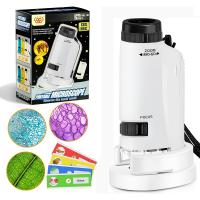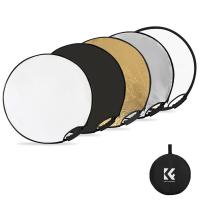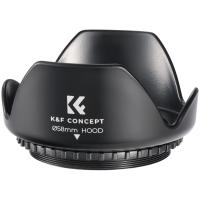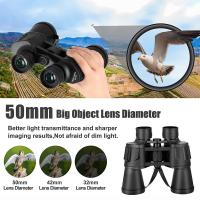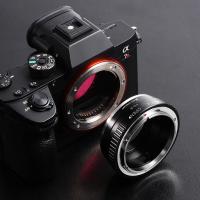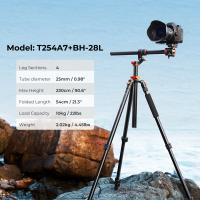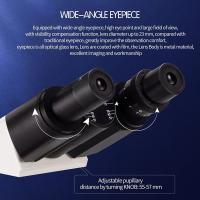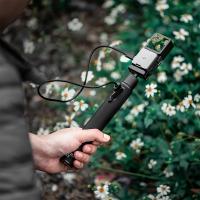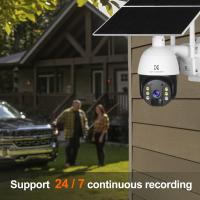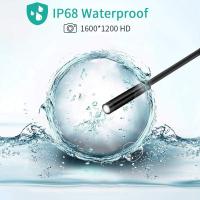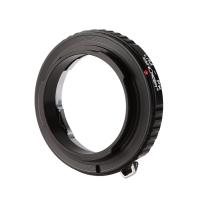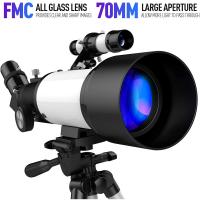How Long Should A Camera Battery Last ?
The duration of a camera battery's life depends on various factors such as the type of camera, battery capacity, usage patterns, and settings. Generally, camera batteries can last anywhere from a few hours to several days.
1、 Battery capacity and technology advancements in camera batteries.
Battery capacity and technology advancements in camera batteries play a crucial role in determining how long a camera battery should last. The duration of battery life can vary significantly depending on various factors such as the camera model, usage patterns, shooting conditions, and battery capacity.
In general, camera batteries are designed to provide power for a certain number of shots or a specific duration of video recording. The battery capacity is typically measured in milliampere-hours (mAh) and indicates the amount of energy the battery can store. Higher capacity batteries tend to last longer than lower capacity ones.
However, it is important to note that battery life is not solely determined by capacity. Technological advancements have significantly improved battery efficiency in recent years. Manufacturers have been able to develop batteries that provide longer-lasting power while maintaining a compact size. These advancements include improvements in battery chemistry, energy management systems, and power-saving features in cameras.
The latest point of view on camera battery life is that it has been steadily improving. Many modern cameras now offer extended battery life compared to their predecessors. For example, mirrorless cameras, which are known for their compact size, have seen significant improvements in battery life due to advancements in battery technology.
It is difficult to provide an exact duration for how long a camera battery should last as it varies greatly depending on the aforementioned factors. However, with the latest advancements in battery technology, it is not uncommon for a camera battery to last several hundred shots or even a full day of shooting under normal conditions.
In conclusion, the duration of a camera battery's life is influenced by battery capacity and technology advancements. While higher capacity batteries generally last longer, technological improvements have significantly increased battery efficiency. As a result, modern cameras are capable of providing longer-lasting power, allowing photographers to capture more shots before needing to recharge or replace the battery.
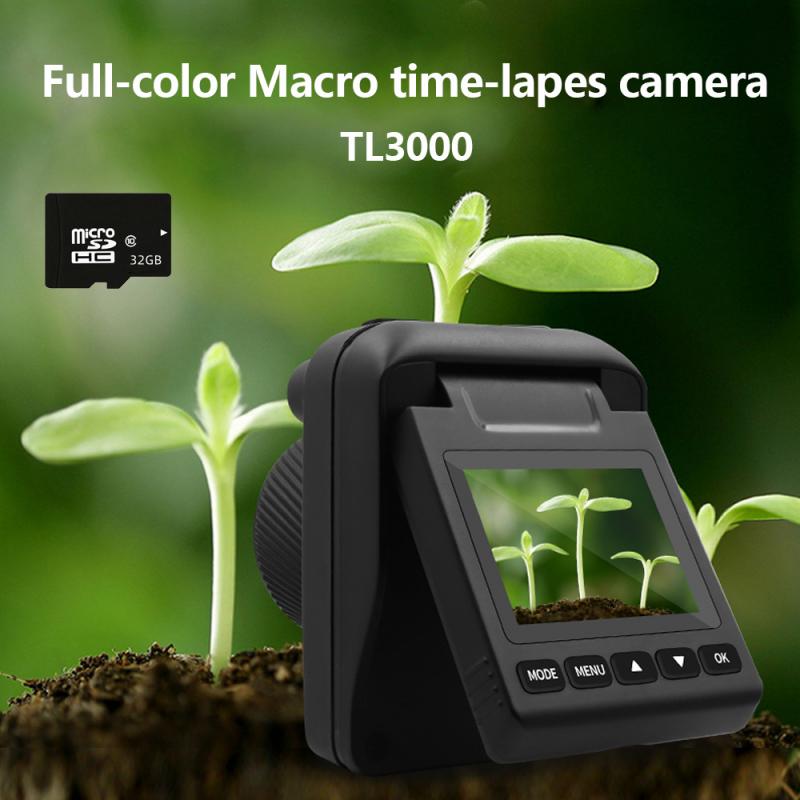
2、 Factors affecting camera battery life, such as usage and settings.
Factors affecting camera battery life, such as usage and settings, play a significant role in determining how long a camera battery should last. The duration of battery life can vary greatly depending on various factors, including the type of camera, shooting conditions, and individual usage patterns.
Different camera models have different power requirements and battery capacities, which directly impact battery life. Generally, DSLR cameras tend to have larger batteries and longer battery life compared to compact point-and-shoot cameras. Mirrorless cameras, on the other hand, often have smaller batteries due to their compact size, resulting in shorter battery life.
Usage patterns also greatly influence battery life. Continuous shooting, using the camera's LCD screen extensively, or recording videos can drain the battery more quickly. Additionally, using features like image stabilization, Wi-Fi connectivity, or GPS can also consume more power. Therefore, it is essential to be mindful of these factors and adjust camera settings accordingly to optimize battery life.
Shooting conditions can also impact battery life. Extreme temperatures, whether hot or cold, can affect battery performance. Cold temperatures can cause batteries to drain faster, while excessive heat can reduce overall battery life. It is advisable to keep spare batteries and store them in a temperature-controlled environment when shooting in extreme conditions.
The latest advancements in camera technology have led to improvements in battery life. Manufacturers are constantly working on developing more efficient batteries and optimizing power consumption in their cameras. However, it is important to note that battery life is still limited, and it is always a good idea to carry spare batteries or a portable charger, especially during long shoots or when traveling.
In conclusion, the duration of a camera battery's life depends on various factors, including the type of camera, usage patterns, shooting conditions, and individual settings. While advancements in technology have improved battery life, it is crucial to be mindful of these factors and make necessary adjustments to optimize battery performance.
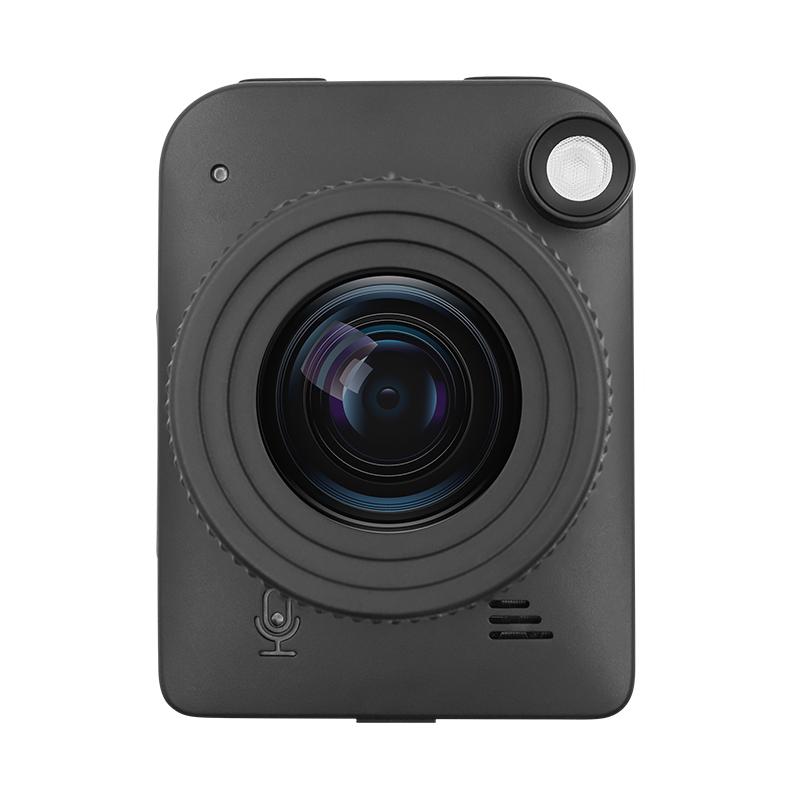
3、 Tips for maximizing camera battery life and efficiency.
Tips for maximizing camera battery life and efficiency:
1. Adjust the LCD screen brightness: The LCD screen is one of the biggest drains on a camera battery. By reducing the brightness level, you can significantly extend the battery life.
2. Use the viewfinder instead of the LCD screen: Whenever possible, use the viewfinder to compose your shots. This will help conserve battery power as the LCD screen won't be constantly on.
3. Turn off unnecessary features: Disable any features that you don't need, such as Wi-Fi, GPS, or image stabilization, as they can drain the battery quickly. Only enable them when necessary.
4. Use airplane mode: If your camera has this option, enable airplane mode to disable all wireless connections. This can help conserve battery power, especially when you're not using any wireless features.
5. Keep your camera warm: Cold temperatures can significantly reduce battery life. If you're shooting in cold weather, try to keep your camera warm by using a camera bag or keeping it close to your body when not in use.
6. Carry spare batteries: Having extra batteries on hand is always a good idea, especially if you're planning to shoot for an extended period. This ensures that you won't miss any important shots due to a drained battery.
7. Avoid excessive zooming and autofocus: Constantly zooming in and out or using autofocus extensively can drain the battery quickly. Consider using manual focus and zooming only when necessary to conserve battery power.
8. Turn off the camera when not in use: If you're taking breaks between shots or not using the camera for an extended period, turn it off to save battery power.
The duration of a camera battery depends on various factors such as the camera model, battery capacity, shooting conditions, and usage patterns. On average, a camera battery can last anywhere from a few hours to several days. However, it's important to note that battery life can vary significantly between different camera models and brands. It's always a good idea to consult the camera's user manual or manufacturer's specifications for more accurate information on battery life.
In recent years, advancements in battery technology have led to improvements in camera battery life. Manufacturers are constantly working on developing more efficient batteries that can provide longer shooting times. Additionally, some cameras now offer USB charging options, allowing you to charge the battery on the go using a power bank or a laptop.
Overall, by following these tips and staying aware of the latest advancements in battery technology, you can maximize your camera's battery life and ensure that you never miss a shot due to a drained battery.
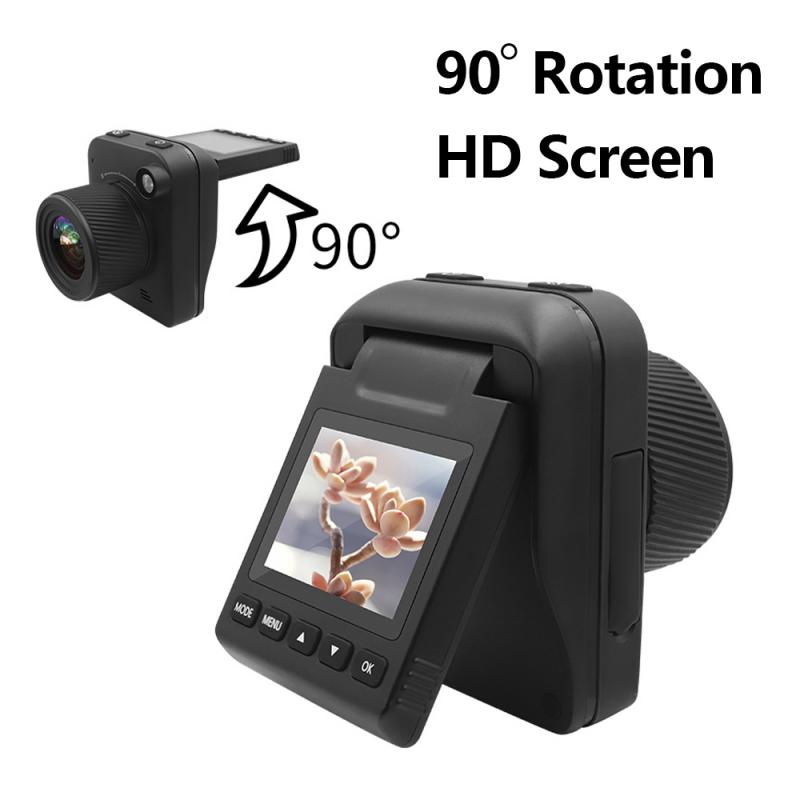
4、 Common camera battery types and their average lifespan.
Common camera battery types and their average lifespan can vary depending on several factors, including the type of camera, usage patterns, and battery capacity. However, it is possible to provide a general idea of how long camera batteries should last.
For digital cameras, the most common battery types are lithium-ion (Li-ion) and nickel-metal hydride (NiMH). Li-ion batteries are widely used due to their high energy density, lightweight design, and low self-discharge rate. On average, a fully charged Li-ion battery can last anywhere from 300 to 500 shots, depending on the camera model and settings. However, it is important to note that this estimate can vary significantly.
NiMH batteries, on the other hand, have a lower energy density compared to Li-ion batteries but are still commonly used in some cameras. They typically provide a lower number of shots per charge, ranging from 200 to 400 shots.
It is worth mentioning that the lifespan of camera batteries can be affected by various factors. These include the use of flash, continuous shooting, video recording, LCD screen usage, and extreme temperatures. Additionally, battery performance tends to degrade over time, resulting in shorter battery life as the battery ages.
To maximize the lifespan of camera batteries, it is recommended to follow some best practices. These include fully charging the battery before use, avoiding overcharging or deep discharging, storing batteries in a cool and dry place, and using the camera's power-saving features when possible.
It is important to keep in mind that advancements in battery technology are constantly being made, and newer camera models may have improved battery life compared to older ones. Therefore, it is always advisable to consult the camera's user manual or manufacturer's specifications for accurate information on battery life.
